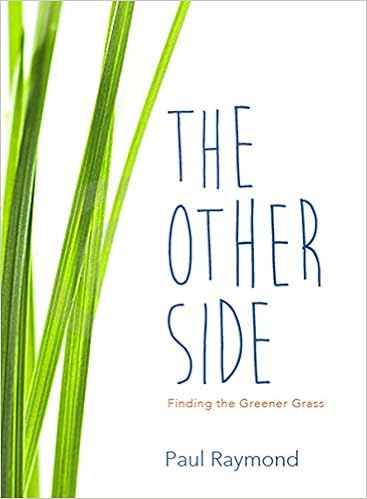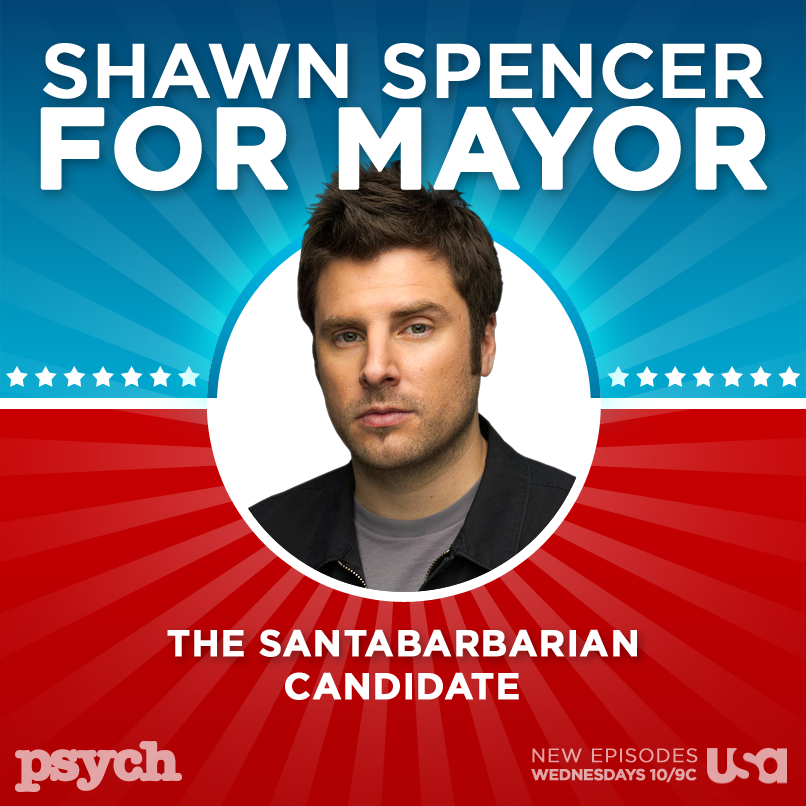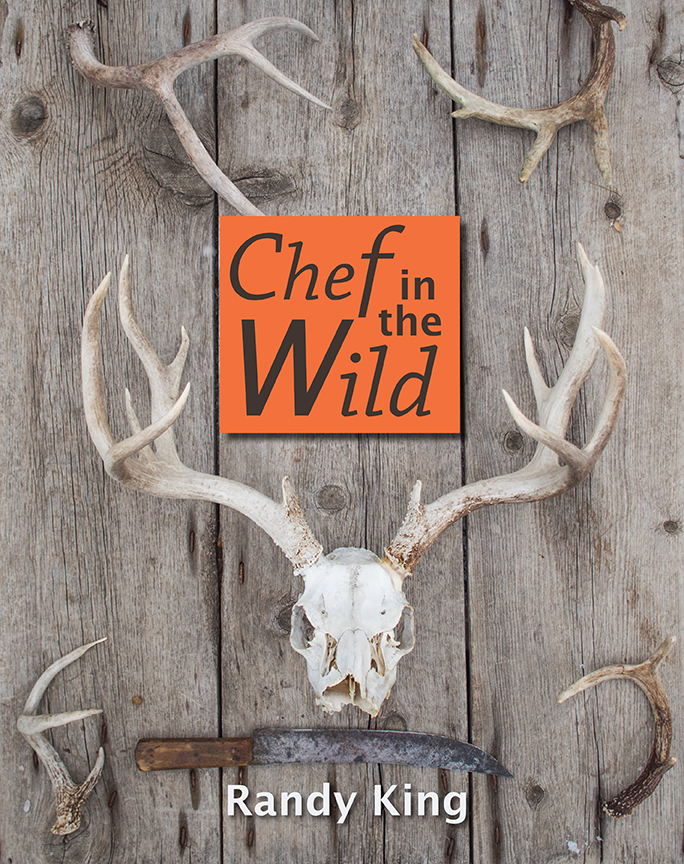 One of the joys of my job is I get paid to read and do what I've been doing on this blog all along--review. As I said earlier, though, I get put in a tough situation when the book is not one I would normally recommend. No one would be happy with me if I lambasted a local writer's work, especially since I'm not a well-known and respected reviewer (yet). So I have to get creative.
One of the joys of my job is I get paid to read and do what I've been doing on this blog all along--review. As I said earlier, though, I get put in a tough situation when the book is not one I would normally recommend. No one would be happy with me if I lambasted a local writer's work, especially since I'm not a well-known and respected reviewer (yet). So I have to get creative.How to put a positive spin on things without being dishonest? The last time I was faced with this issue, I ended up writing an article about what went into the book, neglecting to review the content at all. This time, I decided to do a Q&A, since the book, Paul Raymond's The Other Side: Finding the Greener Grass, was essentially a memoir with a fictional spin. The author is the main character, and the realizations he has are real, but the events are contrived to make his point blatant (I don't think that worked out well for him, but oh well, I wasn't his editor).
 I thought a Q&A would go well, but then I discovered the author is a politician. I knew that before, of course, since he's on the city council, but I hadn't figured on having to machete my way through non-answers in an effort to get him to answer the question I'd asked. He kept wanting to reiterate the same points: This book is fiction, and don't judge people. That was it. I was looking for something more philosophical, since it was a reflection of sorts on his life and on judgment/stereotypes/assumptions. In essence, he wanted to talk about the book and I wanted to talk about the ideas in the book. It reminded me of an episode in Psych, where someone tells Shawn Spencer to give the answer to the question he wished people had asked instead of the one they actually posed. Annoying. It made me feel sorry for our legislative reporter. Thankfully, when I gave him a chance to look over his answers, he did a bit of good machete-work himself.
I thought a Q&A would go well, but then I discovered the author is a politician. I knew that before, of course, since he's on the city council, but I hadn't figured on having to machete my way through non-answers in an effort to get him to answer the question I'd asked. He kept wanting to reiterate the same points: This book is fiction, and don't judge people. That was it. I was looking for something more philosophical, since it was a reflection of sorts on his life and on judgment/stereotypes/assumptions. In essence, he wanted to talk about the book and I wanted to talk about the ideas in the book. It reminded me of an episode in Psych, where someone tells Shawn Spencer to give the answer to the question he wished people had asked instead of the one they actually posed. Annoying. It made me feel sorry for our legislative reporter. Thankfully, when I gave him a chance to look over his answers, he did a bit of good machete-work himself.Before I let you read the Q&A, I'll say that no, I don't necessarily recommend this book unless you want to the message "Don't judge based on stereotypes" bashed into your head over and over. It is written clearly, though without much style, and will get that memo across well.
And now for portions of the Q&A, beginning with part of the introduction I gave it in the article, which can be found in full here:
The protagonist and narrator of Paul Raymond’s “The Other Side: Finding the Greener Grass,” published this summer by Nampa-based Point Rider Publishing, has an unflattering view of farmers and others he sees as not being “professional.” But when he gets laid off and takes a U-Haul truck on the road to a new town and a new start, he meets people along the way who change his attitude.
Editor’s note: The questions and answers below have been edited for clarity and brevity.
Q: Why didn’t you write “The Other Side” as a memoir?
A: When I started writing, my emotions came out. It was kind of caustic initially. I had to go back and ramp it back so I could let somebody read it. It was therapeutic for me. After that, I sat on it for years and never did do anything with it until a publisher contacted me and made me think, “Well, maybe I should do something with it.” I thought it was just personal for me, even though, as I said, most of it is fiction. Like Hank, at the store — the store was real and farmers came to the store, but that whole conversation, all that was fiction. I utilized fiction to better express my point.
Q: Why did you choose to use yourself as the main character?
A: Well, I didn’t necessarily mean for me to be the main character, but that’s the only way I could express it. I have not written a book before, so this is new and it came over a long process. It went from venting to becoming a book.
Q: Why didn’t you write “The Other Side” as a memoir?
A: When I started writing, my emotions came out. It was kind of caustic initially. I had to go back and ramp it back so I could let somebody read it. It was therapeutic for me. After that, I sat on it for years and never did do anything with it until a publisher contacted me and made me think, “Well, maybe I should do something with it.” I thought it was just personal for me, even though, as I said, most of it is fiction. Like Hank, at the store — the store was real and farmers came to the store, but that whole conversation, all that was fiction. I utilized fiction to better express my point.
Q: Why did you choose to use yourself as the main character?
A: Well, I didn’t necessarily mean for me to be the main character, but that’s the only way I could express it. I have not written a book before, so this is new and it came over a long process. It went from venting to becoming a book.
Q: What went into the decision to make it a road trip story?
A: I literally moved from one town to another, and I did get laid o•. Many of my thoughts (reminiscing) along the way are real, but most of the experiences on the journey were not. My thoughts are there, my feelings are there, but it was largely ÿction. I just used that trip as kind of a base line.
Q: Has anyone subject to stereotype in this book read it?
A: Yes, Dan, in the last chapter. I have just met him within the last 10 years, and I let him read it. He’s since passed away. But I wasn’t done with it at the time. I hadn’t added that chapter he was involved with. He thought it was really good. I have at least one farmer who is going to read it, but I haven’t had anybody — well, no, that’s not true. When I first wrote it I gave it to some people. It was offensive to them because I was so caustic. I was just letting loose.
Q: I hope you haven’t lost any friends over it?
A: Not that I know of.
Q: Were your parents any different from the other farmers you grew up around?
A: Well, I perceived my dad to be pretty sharp. A lot of people came to have him help with things. My mom and dad were both educated. I didn’t ever put them in that stereotyped position. I kind of separated them out somehow.
A: Yes, Dan, in the last chapter. I have just met him within the last 10 years, and I let him read it. He’s since passed away. But I wasn’t done with it at the time. I hadn’t added that chapter he was involved with. He thought it was really good. I have at least one farmer who is going to read it, but I haven’t had anybody — well, no, that’s not true. When I first wrote it I gave it to some people. It was offensive to them because I was so caustic. I was just letting loose.
Q: I hope you haven’t lost any friends over it?
A: Not that I know of.
Q: Were your parents any different from the other farmers you grew up around?
A: Well, I perceived my dad to be pretty sharp. A lot of people came to have him help with things. My mom and dad were both educated. I didn’t ever put them in that stereotyped position. I kind of separated them out somehow.
Q: In your opinion, what is the connection between self-confidence and a judgmental attitude?
A: I’m in my late 20s on that trip, and I kind of put myself back in that time. I was more realistically self-conscious than I am now. My self-confidence wasn’t quite as strong, and I think living on a farm kind of added to that. I pictured the people in the city to be really sophisticated, more affluent, and, comparatively, farmers didn’t seem to know what was going on. I didn’t want to be branded with them, but I was.
Q: Do you think you carried that “branding” with you through your life?
A: Absolutely. But I eventually got over it and realized that I was OK and they were OK. I kind of lived that book and wrote it; it’s actually kind of the process I went through in real life. Only, most of those events didn’t occur. It took a long time. I think those feelings about farmers and others went away when I got done writing the first hundred pages or so. I didn’t have the intensity that I started writing with because I was relaxed. I was able to talk to and associate with anybody, any culture; I haven’t had a problem with it since. It was a life-changing experience.
“The Other Side” is available online.


